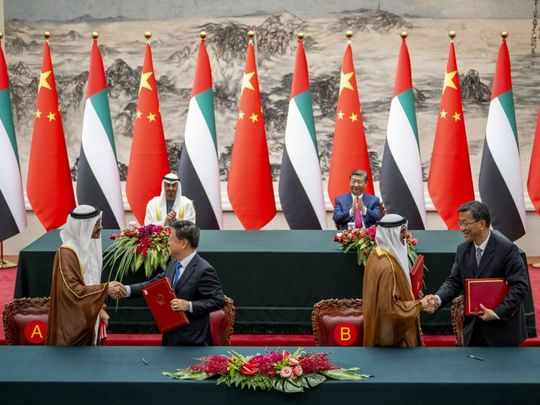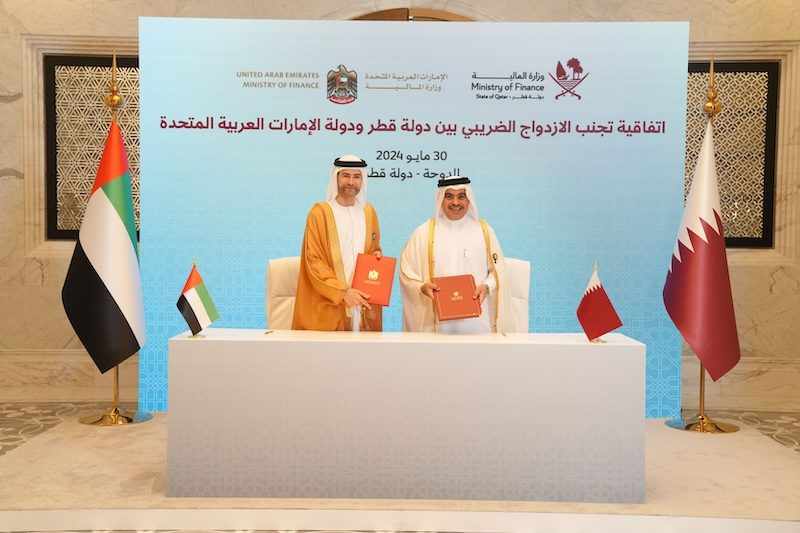GCC outlook deteriorates on weaker global demand
- Date: 07-Dec-2022
- Source: Times of Oman
- Sector:Financial Services
- Country:UAE
GCC outlook deteriorates on weaker global demand
Muscat: With a global recession expected for early next year, oil production cuts and rising borrowing costs, the 2023 GDP growth forecast for the Middle East has been revised down to 2.7 per cent.
However, regional growth is still expected to perform at over twice the pace of the world economy, according to the latest Economic Insight report for the Middle East, commissioned by ICAEW and compiled by Oxford Economics.
According to the Q4 report, the downgrade reflects more muted projections for activity in the Gulf Cooperation Council (GCC) economies, where growth is set to moderate to 2.5 per cent in 2023, as oil production stagnates. While this represents a significant slowdown, it will remain above the average pace in the five years preceding the pandemic.
The Middle East has so far withstood global challenges, mainly due to GCC countries' ongoing gains from trade. However, against a worsening global backdrop - inflation squeezing household real incomes, borrowing costs soaring, winter threatening Europe's energy supply, and China’s growth engines stuttering - demand is slowing.
As a result, forecasts for both oil and commodity prices have also been lowered. The oil price projection has been adjusted down to $102 (from $103.8), with Brent forecast expected to





















